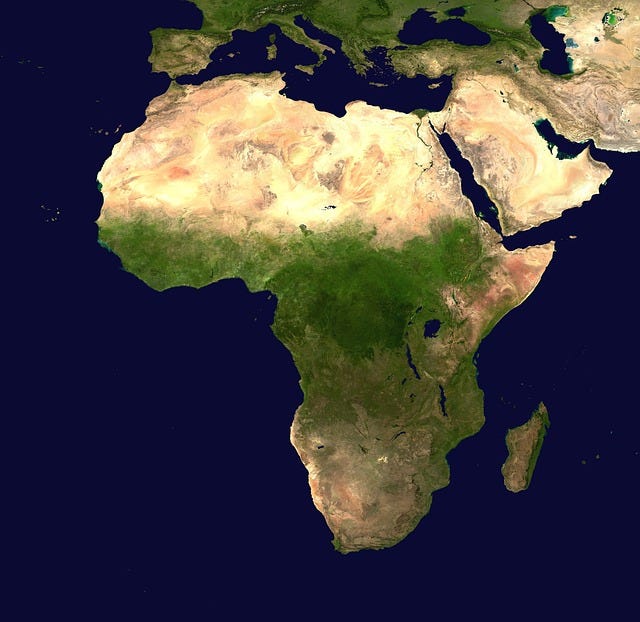Cholera continues to ravage Africa as 1,886 new cases and 60 new deaths of cholera were reported from seven African Union Member States (AU MS): Burundi, DRC, Ethiopia, Ghana, Somalia, Sudan, and Togo the last week of August.
Since the beginning of this year, a total of 136,935 cases (24,267 confirmed; 15 probable; 112,653 suspected and 2,136 deaths (CFR: 1.56 % ) of cholera have been reported from 18 AU MS: Burundi (687 cases; 3 death), Cameroon (439; 0), Comoros (10,342; 149), Democratic Republic of Congo [DRC) (23,291; 337), Ethiopia (23,030; 207), Ghana (24; 0), Kenya (300; 3), Malawi (261; 3), Mozambique (8,183; 17), Nigeria (5,951; 176), Somalia (18,218; 138), South Africa (150; 1), Sudan (2,803; 37), Tanzania (3,719; 63), Togo (10; 1), Uganda (52; 3), Zambia (20,063; 612), and Zimbabwe (19,412; 386).

At the end of July, at the Meeting at the First Conference on Transdisciplinarity for the Elimination of Cholera in Maputo, Mozambique, African leaders have committed to ending cholera in Southern Africa and national leaders and health experts took stock of their achievements and identified what needs to be done to end cholera.
President of Zambia and Global Champion for Cholera, H.E. Hakainde Chilema, reaffirmed his commitment to a cholera-free future, praising Mozambique’s leadership and determination.
President Chilema called for local manufacturing of cholera vaccines to enhance accessibility and affordability.
He emphasized the need for investment in water and sanitation infrastructure to prevent cholera outbreaks and cross-border surveillance to detect and respond to cholera cases promptly.
Help support this newsblog by being a paid subscriber for as little as $5/month, or “buying a cup of coffee” at Ko-Fi
Africa CDC regional director, Dr Lul Riek, said countries must work together to address underlying drivers, including water and sanitation infrastructure, poor hygiene, high-risk social practices, surveillance shortcomings, and inadequate healthcare systems.
“We must also tackle these drivers, including climate change, which is exacerbating the cholera crisis, with forecasts predicting more frequent storms, cyclones, and flooding,” he said.
“All these drivers remind us that there is an urgent need to strengthen the One Health approach to link the human, animal, and environmental sectors,” Dr Riek added.
“As the region continues its efforts to eliminate cholera, we must not forget the critical role of local vaccine manufacturing. Producing cholera vaccines locally is essential to reduce Africa’s reliance on international supply chains,” he added.
Africa still imports 99% of its vaccines and over 90% of its medicines and medical devices from outside the continent.
In addition, Africa’s leading genomic researchers are urgently advocating for a coordinated approach to genomic surveillance of cholera in the continent’s most vulnerable settings.
During their meeting from July 22–26, 2024, scientists emphasized that Africa CDC should continue to support and encourage cholera-endemic and potential cholera-endemic countries to conduct genomic surveillance on the introduction or resurgence of strains. They also called for creating standardized protocols for data sharing that respect privacy concerns and ethical standards and foster collaborations among African countries to share data, resources, and best practices.
“Data should not only be used to respond to disease outbreaks but also to predict and prevent them through advanced analytics and modeling,” said Dr Sofonias K. Tessema, Program Lead, Africa PGI. “This collaborative genomic surveillance underscores the critical importance of building local capacity in Africa to address public health challenges such as cholera, emphasizing the need for regional cooperation and real-time genomic surveillance to effectively manage and control outbreaks,” said Dr. Kunda G. Musonda, Director of the Zambia National Public Health Laboratory Service (NPHLS).




